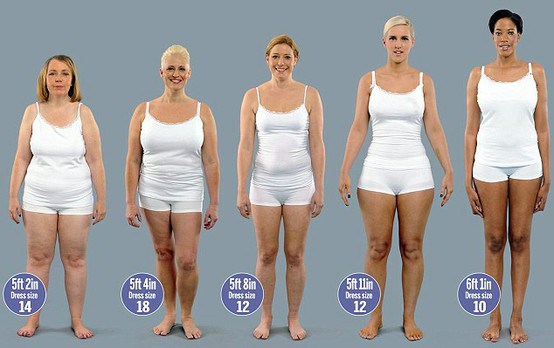Skip to content

- Set realistic goals and create a plan.
- Calculate your daily calorie needs and create a deficit.
- Focus on whole, nutrient-dense foods.
- Increase protein intake to boost metabolism and reduce appetite.
- Cut out processed foods, sugary drinks, and excessive alcohol.
- Drink plenty of water, aim for 8-10 glasses a day.
- Incorporate intermittent fasting, like the 16/8 method.
- Practice portion control using smaller plates.
- Eat more fiber-rich foods to feel fuller longer.
- Include healthy fats like avocados, nuts, and olive oil in moderation.
- Get adequate sleep, aiming for 7-9 hours per night.
- Manage stress through meditation, yoga, or deep breathing exercises.
- Start a food diary to track your intake and identify problem areas.
- Meal prep to avoid impulsive, unhealthy food choices.
- Incorporate strength training 2-3 times a week to build muscle.
- Do high-intensity interval training (HIIT) for efficient fat burning.
- Increase daily activity through walking, taking stairs, etc.
- Try low-carb or ketogenic diets for rapid initial weight loss.
- Use smaller utensils and chew slowly to eat less.
- Avoid eating late at night.
- Stay consistent with your exercise routine.
- Consider using a fitness tracker to monitor progress.
- Join a support group or find an accountability partner.
- Reduce sodium intake to minimize water retention.
- Incorporate metabolism-boosting foods like green tea and chili peppers.
- Don’t skip meals, especially breakfast.
- Learn to distinguish between physical and emotional hunger.
- Stay patient and don’t get discouraged by plateaus.
- Celebrate non-scale victories like increased energy and better fitting clothes.
- Consult a healthcare professional before starting any drastic diet changes.



